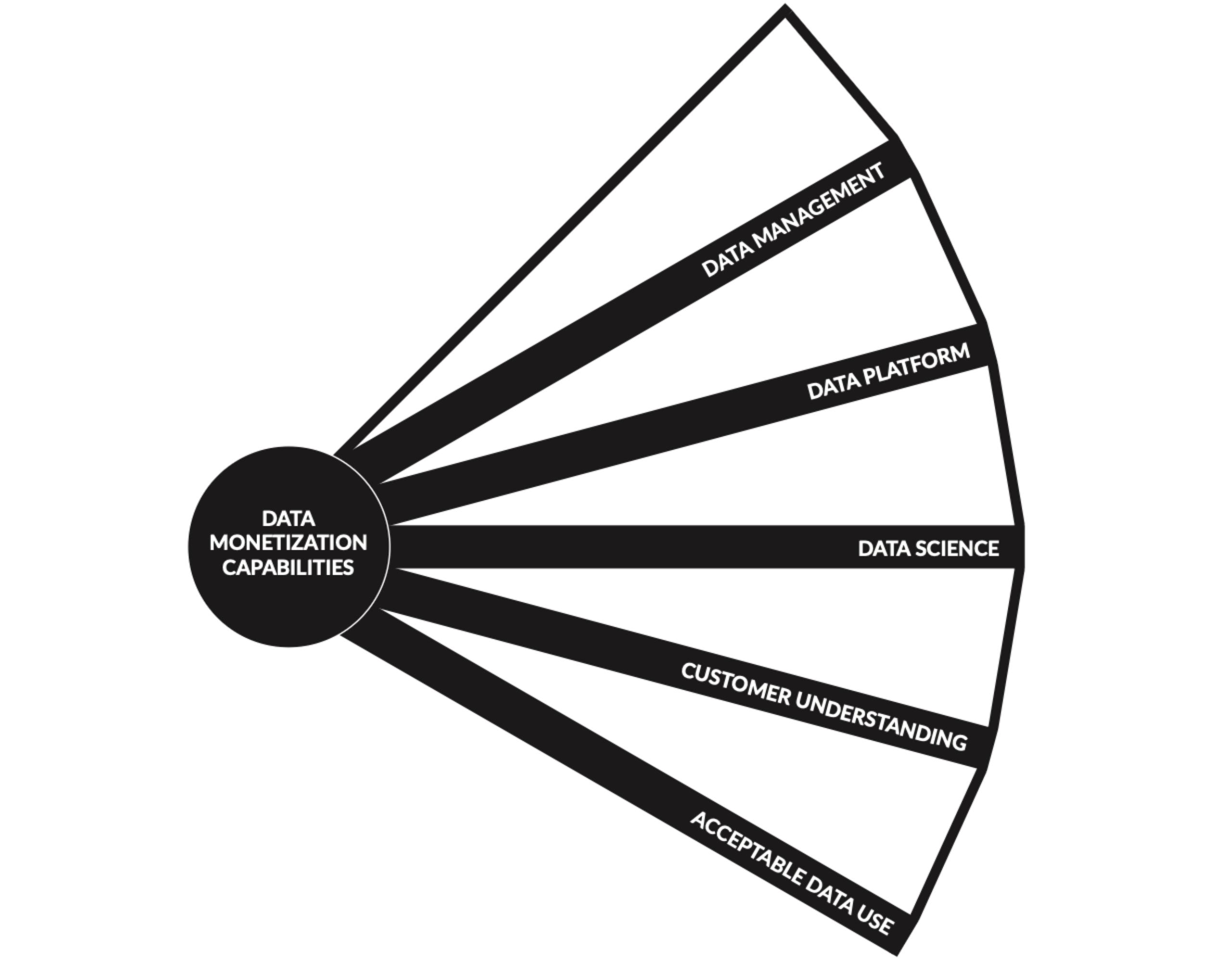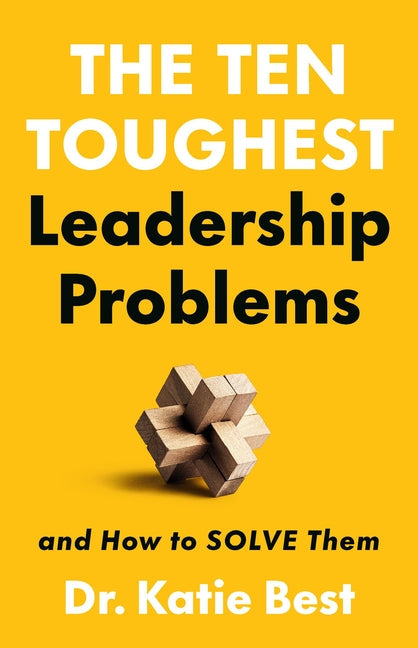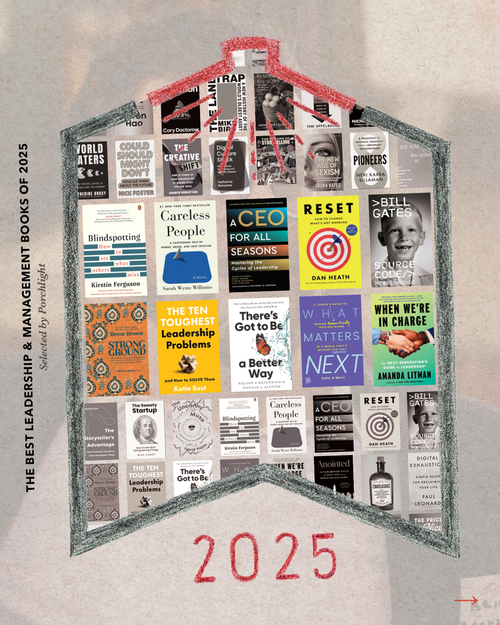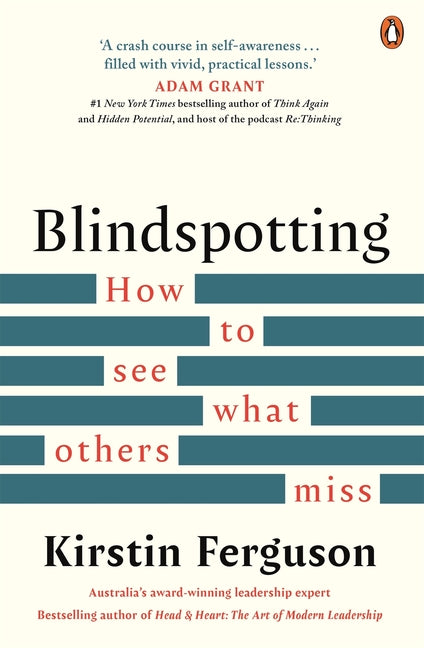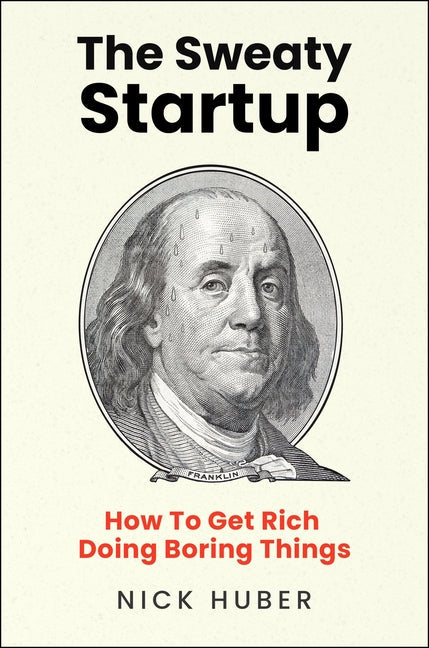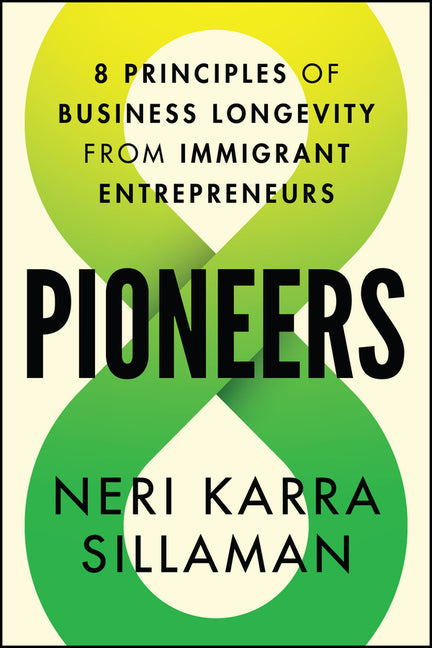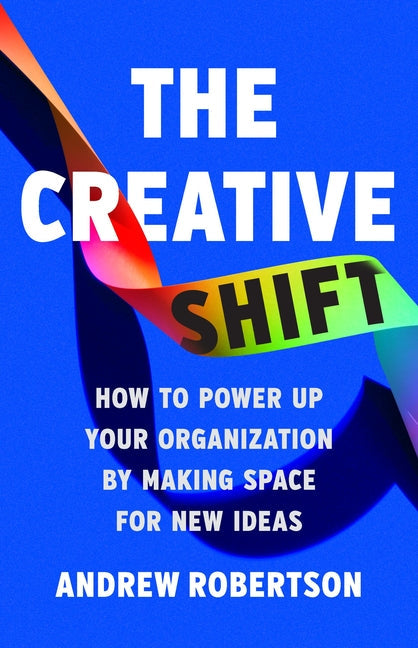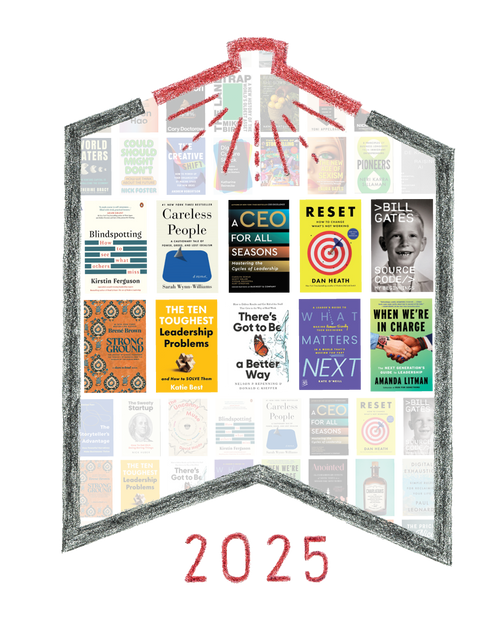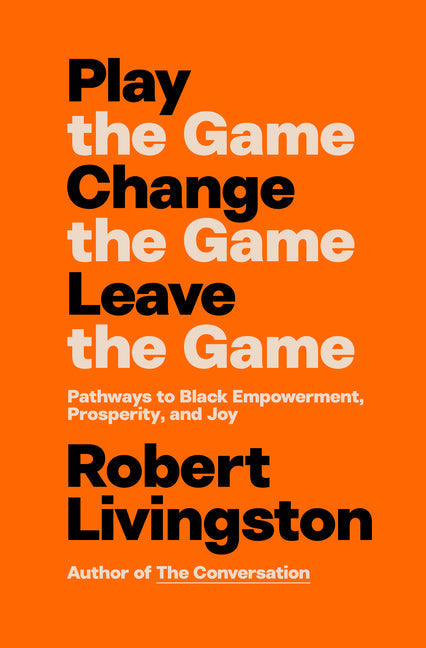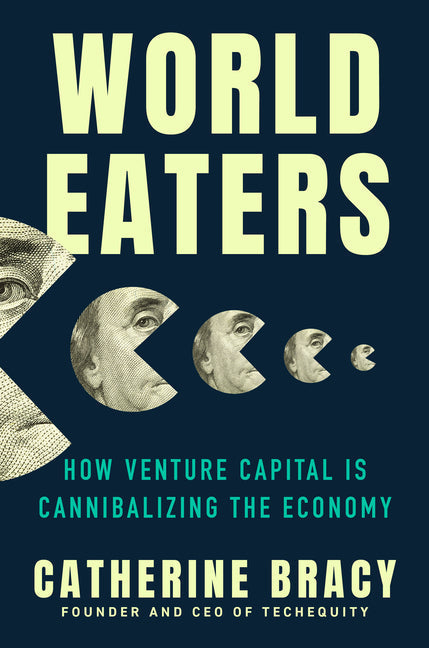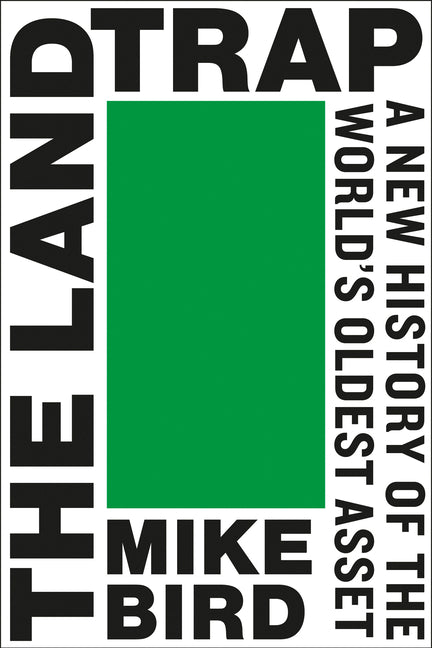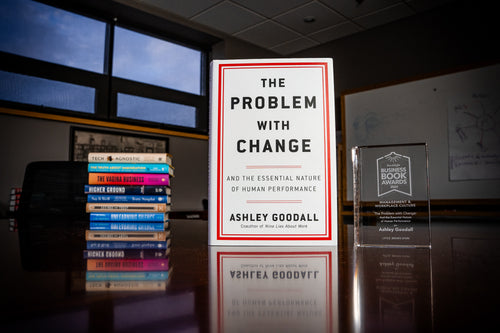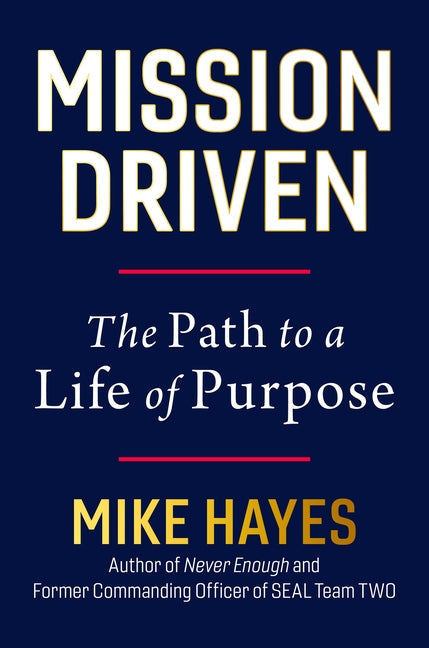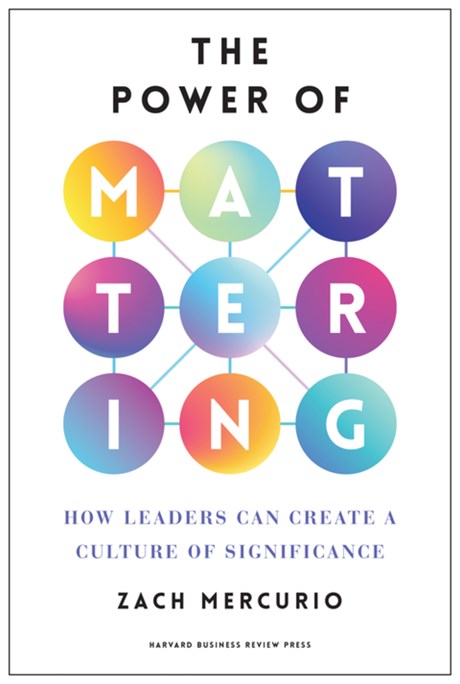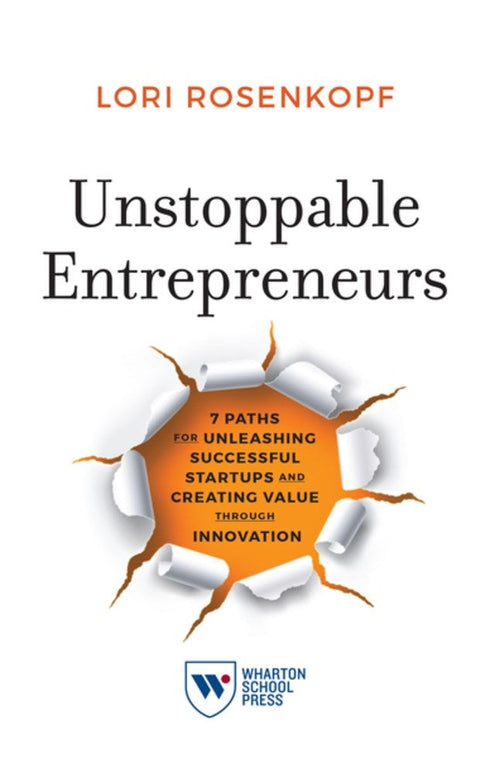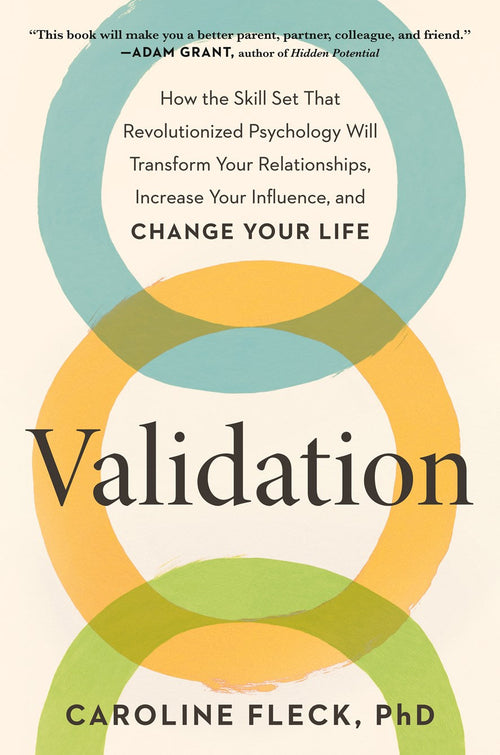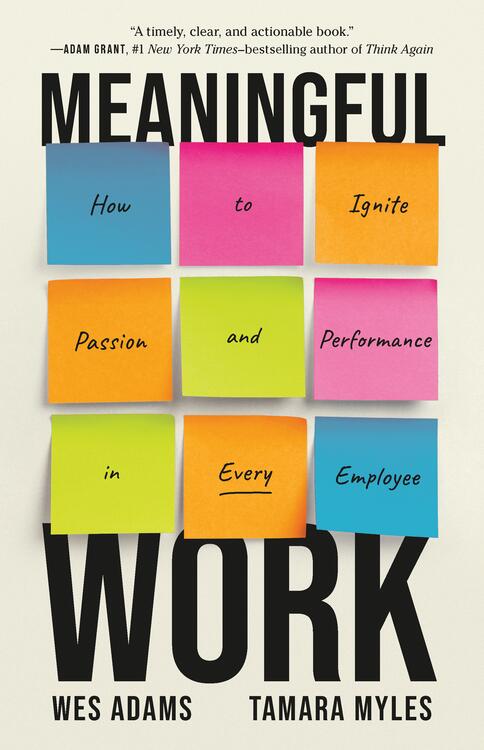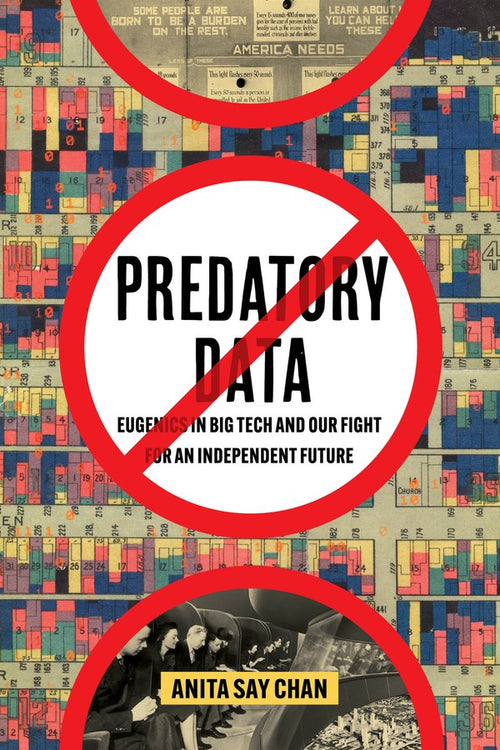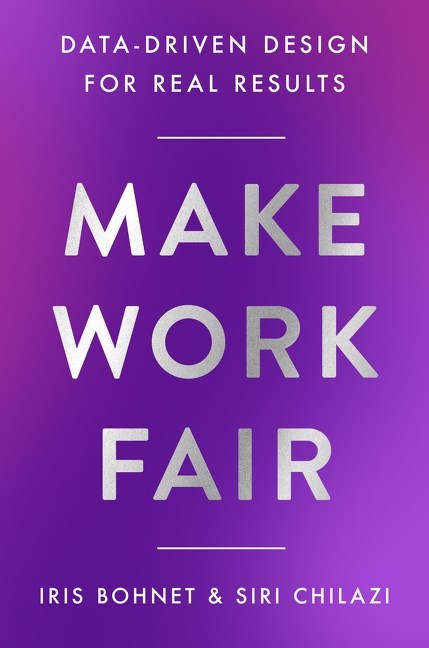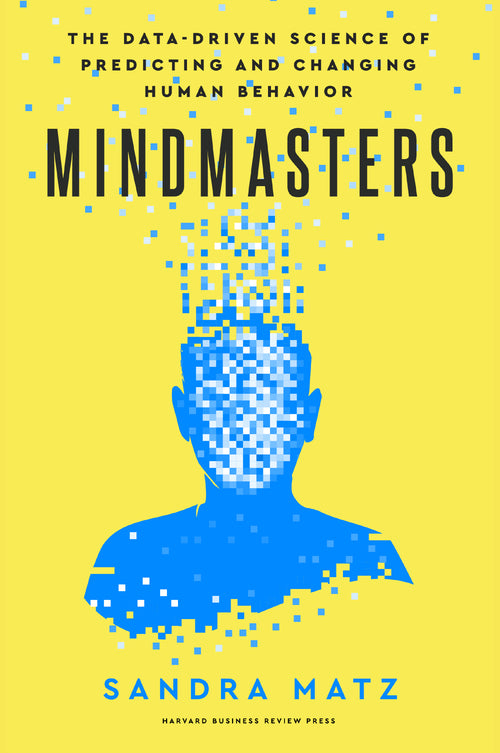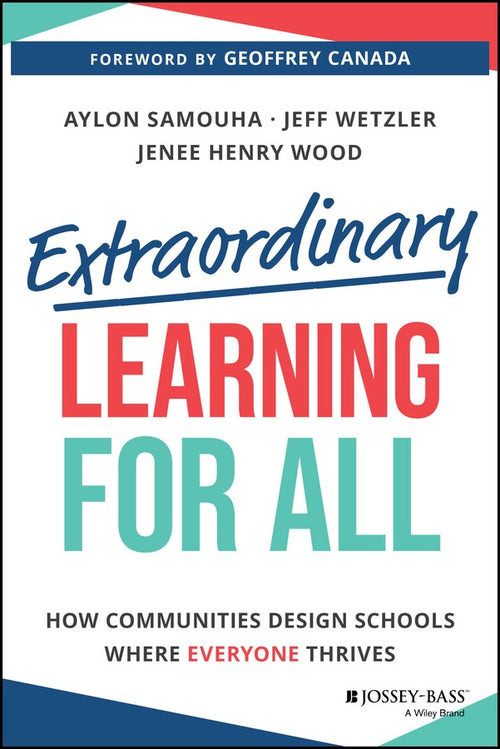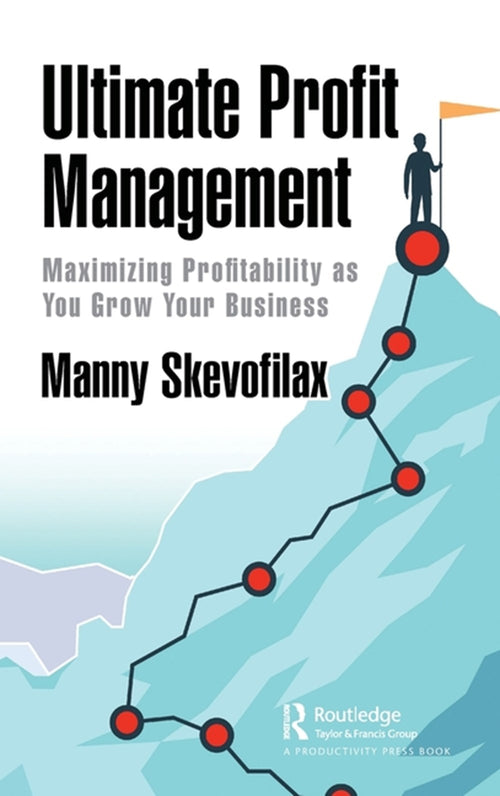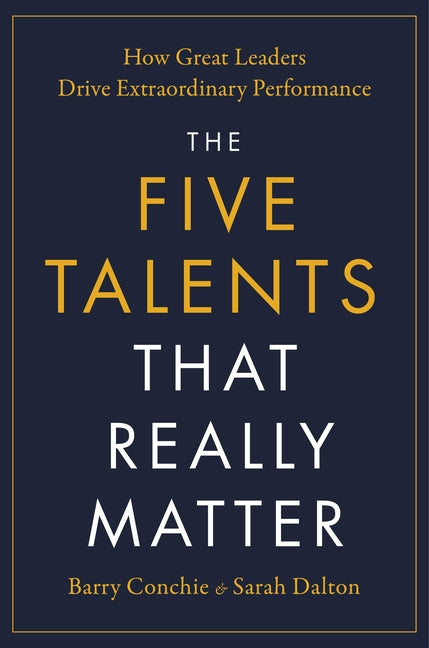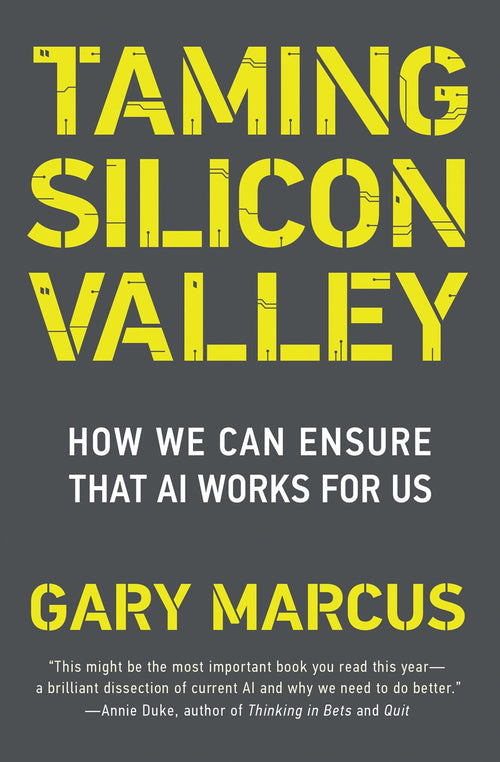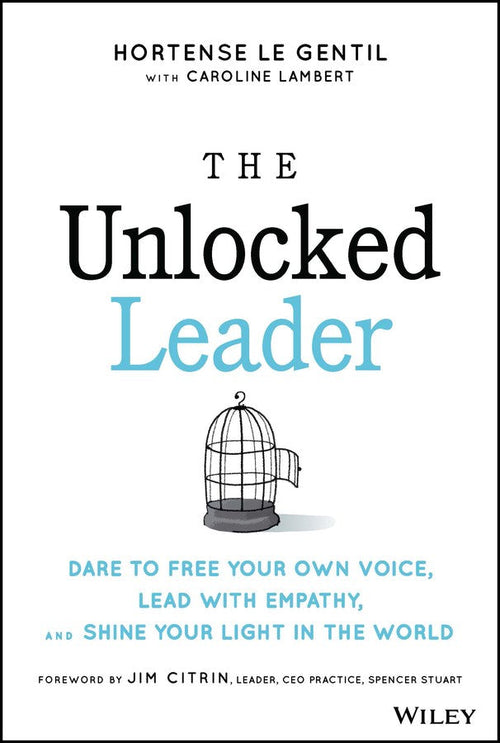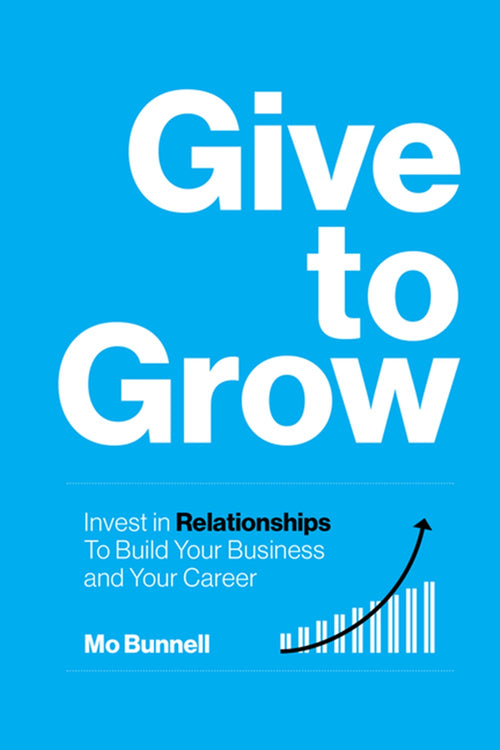An Excerpt from Data is Everybody’s Business
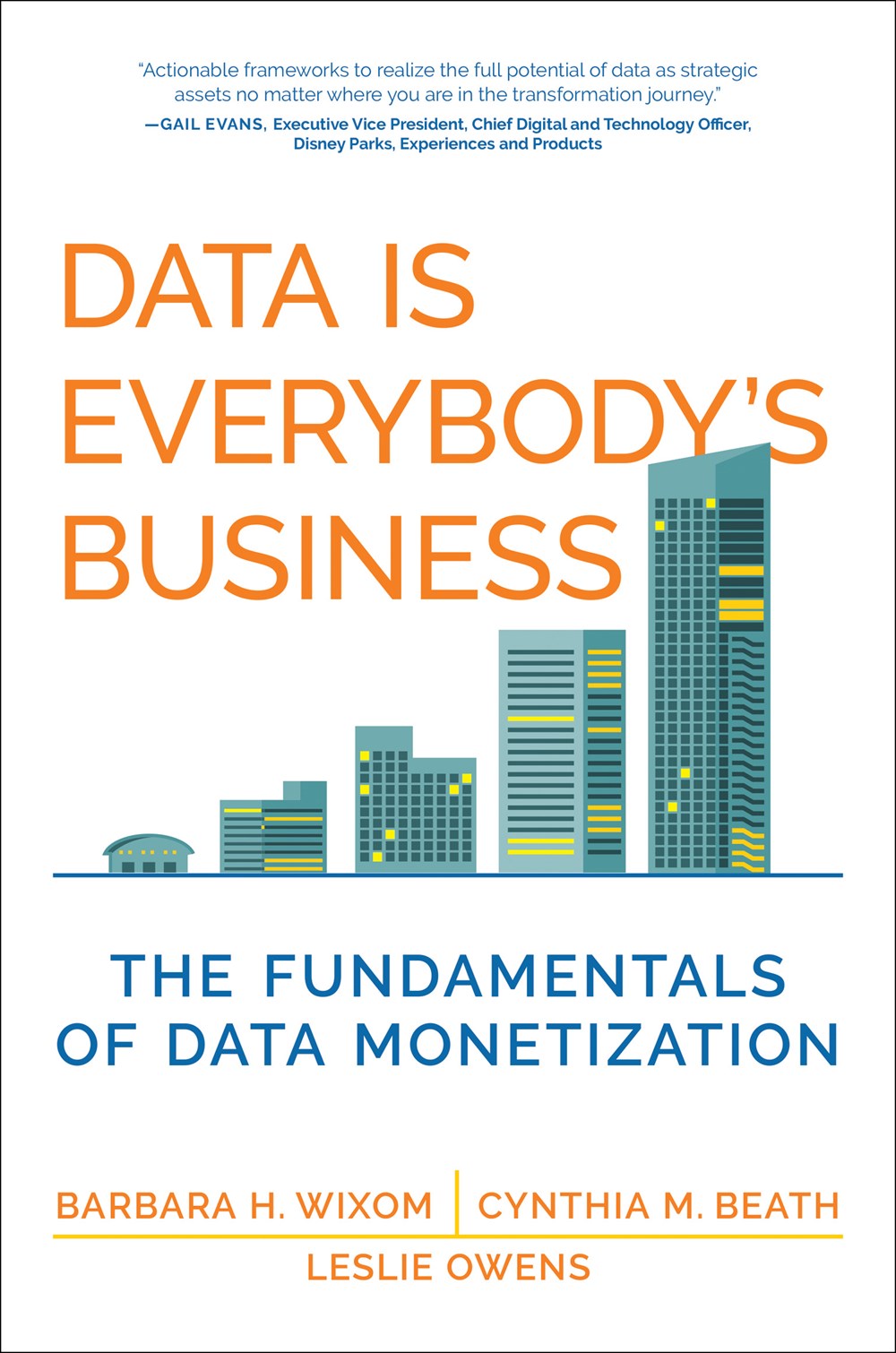 Many organizations have a limited view of data monetization, thinking of it only as the sale of data sets. However, commercial and non-commercial organizations alike should consider data monetization a fundamental business activity.
Many organizations have a limited view of data monetization, thinking of it only as the sale of data sets. However, commercial and non-commercial organizations alike should consider data monetization a fundamental business activity.
In Data Is Everybody’s Business, authors Barbara H. Wixom, Cynthia M. Beath, and Leslie Owens combine their expansive business expertise to provide a clear and engaging way for everyone in an organization to understand data monetization and take action.
The following excerpt from Chapter 2 introduces readers to the five critical capabilities for successful data monetization initiatives.
◊◊◊◊◊
The Five Data Monetization Capabilities
Generally speaking, capabilities are the ability to do something. Capabilities can exist at a foundational level or they can be advanced. For example, most home cooks can boil an egg for breakfast; a professional chef can take an egg and turn it into something unexpectedly delicious. A diner may have line cooks on staff who consistently prepare a limited set of menu items, whereas a restaurant known to have an advanced cooking capability likely has a chef and supporting staff who can create a variety of sophisticated dishes. The ability to cook at an advanced level is usually acquired through education and experience, and it no doubt has an element of talent to it.
In organizations, it’s common to bring people specializing in a particular capability (e.g., accountants) together. Not only do they learn from each other as they work together, but everybody in the organization also knows where to find that capability (in accounting). If the ability to do something is only needed in select parts of the organization, then the organization simply needs to establish a local capability. For example, a global company needs local experts in tax law in each country in which it operates. They are highly valued in their geography, but their expertise doesn’t need to be available to other countries.
When a capability is applicable across the organization, it should be an enterprise capability. For example, an enterprise “digital asset management” capability allows communications teams worldwide to pull official brand images from a centralized system. Producing, approving, and organizing such media content only has to happen once; the images can then be used and reused in various sales and marketing contexts.
Data monetization capabilities are a collection of material resources and abilities or proficiencies that organizations rely on to develop their data into reusable data assets. A couple of decades ago, we studied information businesses like Nielsen and IRI, which rely on data assets for their economic survival, to understand their business models. It turned out that the key to these information businesses was that they had five advanced data monetization capabilities. As the research moved on to investigating data monetization in other kinds of organizations, it became clear that these five capabilities are key to any data monetization initiative at any organization. Yes, any organization—including yours—needs data management, data platform, data science, customer understanding, and acceptable data use capabilities.
Figure 2.1 shows the five distinct data monetization capabilities laid out in the shape of a fan. The five capabilities work together. While these capabilities may not surprise you, they certainly are not easy for organizations to master.
Here are descriptions of the five capabilities and what it means to achieve an advanced level of each one. Later in the chapter, you will read about capability building at the financial services company BBVA.
Data management
A data management capability is the ability to produce data assets that people can find, use, and trust. Organizations with advanced data management capabilities can report on the accuracy of their data, match related data entries, consolidate and stream- line data fields, and integrate related data from external sources, such as data aggregators and suppliers.
Data platform
A data platform capability is the ability to capture, transform, and disseminate data assets securely and efficiently. It leverages contemporary, cloud-based software to ingest, process, secure, integrate, and deliver data assets. Organizations with advanced data platform capabilities can cost-effectively distribute data assets inside and outside the organization at scale.
Figure 2.1
Data science
A data science capability is the ability to use scientific methods, processes, algorithms, and statistics to extract meaning and insights from data assets. Organizations with advanced data science capabilities support data-savvy people across the organization in making evidence-based decisions. They leverage advanced statistics and techniques such as machine learning to inform and automate processes and products.
Customer understanding
A customer understanding capability is the ability to gather accurate and actionable knowledge about customer needs and behaviors. Organizations with advanced customer under- standing capabilities accurately grasp what customers need and value, can cocreate with customers, and can formulate and test hypotheses about customer preferences.
Acceptable data use
An acceptable data use capability is an organization’s ability to gather, store, and use data assets in ways that are compliant with existing laws and regulations and consistent with organizational and stakeholder values. Organizations with advanced acceptable data use capabilities have contextualized norms and policies.
They have scalable oversight processes, which ensure that employees, partners, and customers appropriately engage with organizational data assets.
Capabilities are, by nature, fairly abstract. To make them less ambiguous, let’s look at the specific practices that build up each capability.
Data Monetization Capabilities Accumulate from the Practices You Adopt
Data monetization capabilities come mainly through learning by doing, and so they are shaped by the practices you adopt. For example, when an organization adopts a foundational practice such as customer journey mapping, it gradually builds foundational data monetization capabilities, such as the ability to gather knowledge about customer needs (customer understanding).
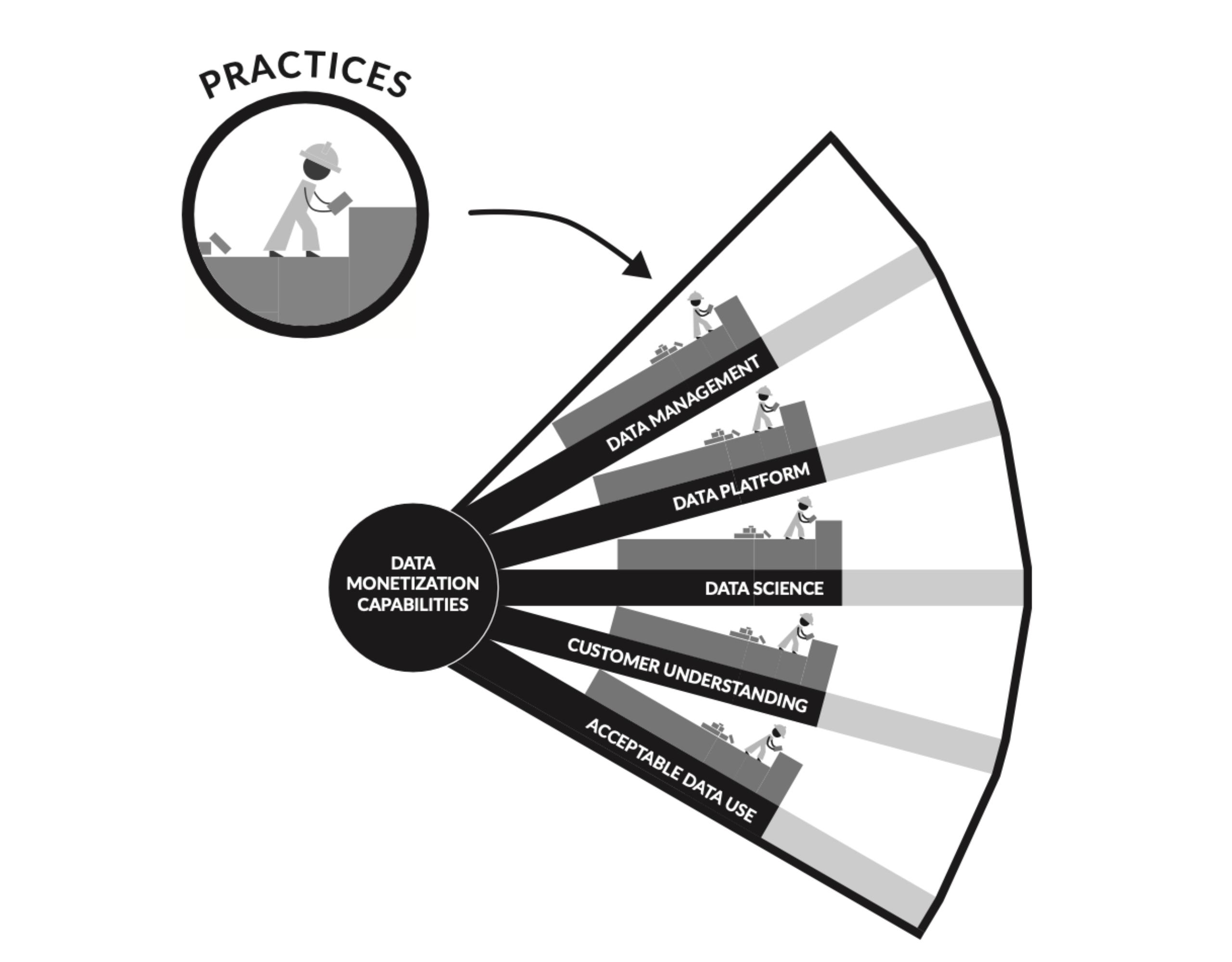
Figure 2.2
Once foundational practices are well established, more complex practices can be adopted, leading to more learning and higher-level capabilities. As a result, as illustrated in figure 2.2, as people and systems undertake more and more complex data monetization practices, their capabilities get more robust, and the fan becomes fully built out to its edges. Your organization will progress from foundational to intermediate to advanced capability levels as it adopts increasingly sophisticated capability-building practices. There’s no shortcut to acquiring robust data monetization capabilities; they are the result of steady work in the right direction.
Take the data science capability as an example: Typically, organizations first become proficient at basic reporting dashboards and visualization. Next, they master statistical techniques and approaches. Then they learn how to use machine learning and specialized analytics like natural language processing. It’s nearly impossible to fast-track a data science capability by pumping money into machine learning tools (an advanced practice). At best, that would yield a pocket of underused machine learning tools that most of the organization simply would be unable to exploit. An organization needs to walk before it can run. People need to learn (and apply what they are learning) as they progress from foundational to medium to advanced practices.

